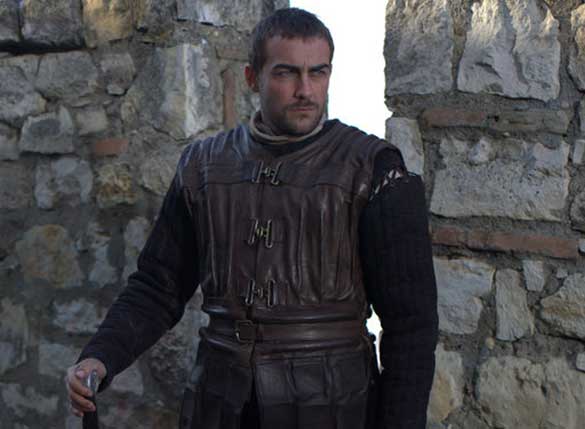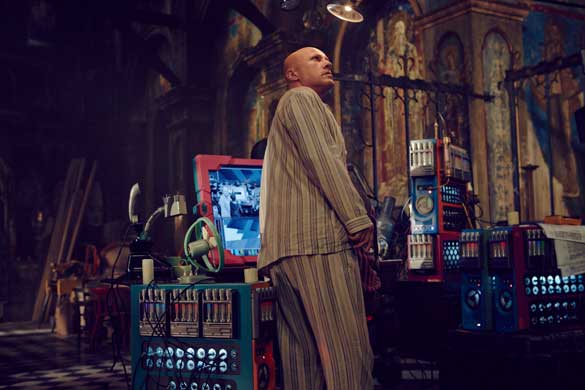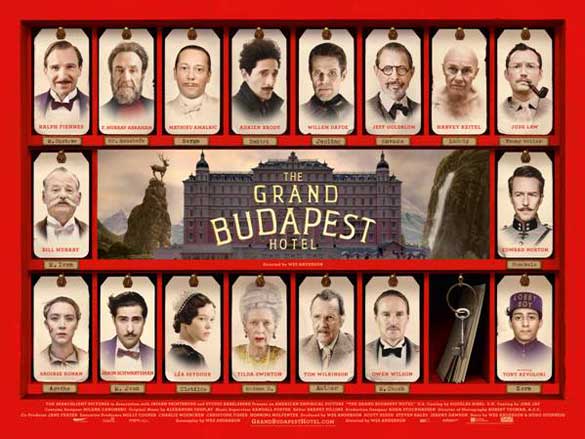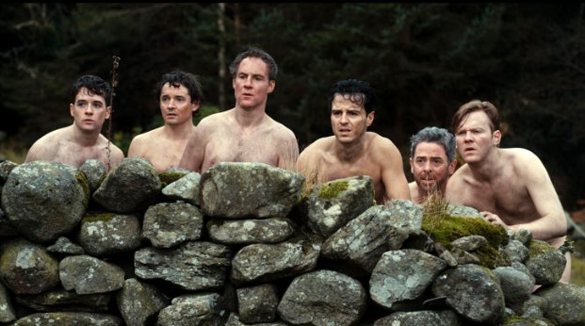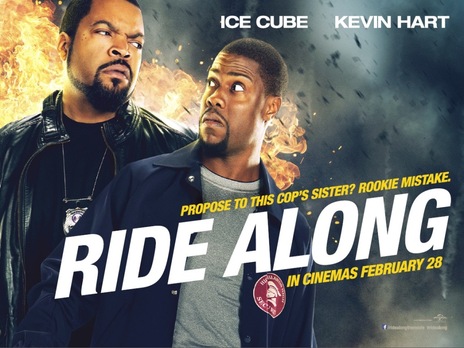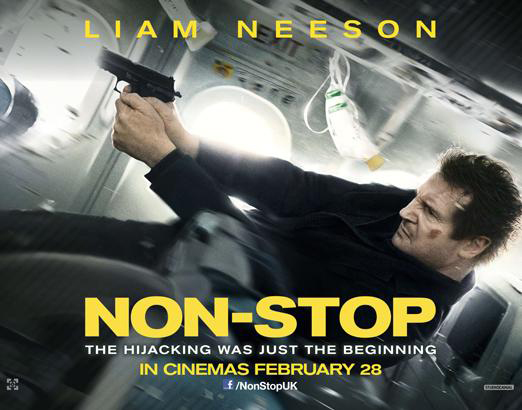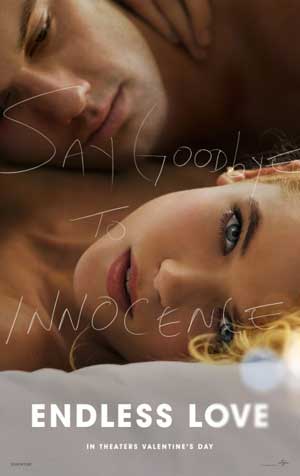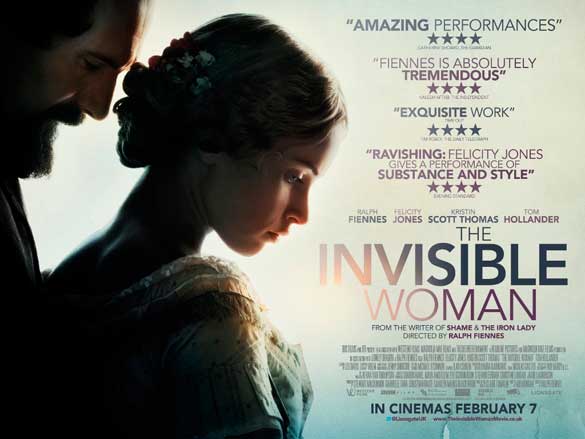Ironclad 2: Battle For Blood ***
Writer-director Jonathan English got surprisingly lucky with the first Ironclad (2011) film, as it offered a thrilling/shocking blood thirst of video-gaming proportions, as well as an impressive cast, including Paul Giamatti, Brian Cox, Derek Jacobi, Charles Dance and the dashing James Purefoy. Still set in the harsh surroundings of 13th Century Britain, post the Great Siege of Rochester Castle, the second film, Ironclad 2: Battle For Blood, seems to have switched target audience, with a more youthful cast of mainly TV actors.
After the De Vesci castle home comes under attack from a band of marauding Celts, resulting in a critical body wound for the master of the house, Gilbert De Vesci (David Rintoul), his son Hubert (Tom Rhys Harries) is tasked with fetching his battle-scarred cousin, Guy (Tom Austen) to defend their ancestral home. But the bitter Guy comes at a price and with a band of reprobates in tow, in the form of semi-mute friend Maddog (Predrag Bjelac), cackling executioner Pierrepoint (Andy Beckwith) and Crazy Mary (Twinnie Lee Moore), recently saved from the chop.
The noticeable sticky factor is the absence of big names this time around, however popular Game of Thrones and its actress Michelle Fairley (Catelyn Stark) – playing the lady of the house here – might be. The film hence precariously rides on the back of its predominantly big-screen newcomers, such as Austen and fop-haired Hunky Dory actor Rhys Harries to whip up a younger frenzy. This isn’t necessarily a bad thing as Ironclad 2 is as blood quenching, relentless and gallant as the first. It also further perpetuates the clever idea of ‘castle claustrophobia’, where fight not flight is the only answer. However, as the story progresses, there’s only so much painted, kilted clansmen – some amusingly like pouting extras straight out of Xena: Warrior Princess – and ironclad soldiers butchering each other one can take, before it gets a little tedious and glaringly predictable, something the first film managed to avoid altogether.
Indeed, the worthy young cast do battle enough to keep the momentum flowing. Austen is swoon factor material, the age-old, brooding bad boy with a heart, sporting some of the best-threaded eyebrows of the 13th century. Meanwhile Hollyoaks’ Roxanne McKee plays the spoilt madam Blanche – far too lip-glossed for the period – providing the love interest, though this is rather drawn out, pointless and sterile at crunch point, that it hardly registers great passion.
It’s also not entirely clear from Guy’s flashbacks why he has a bee in his bonnet about his relatives. The other ‘kids’, Rhys Harries and Rosie Day as his sensitive sister Kate, do as much as their predicament (and the script) will allow them, which is precious little for the latter, the exciting newcomer of the creepy The Seasoning House. The real winner of it all seems to be Lee Moore who gets to act debauched and damn right dirty (like a former-day ladette), as well as reminding us how menacing Serb actor Bjelac of Harry Potter fame can be once more.
The success of English’s gamble relies on some clever youth marketing – fans of the first will be curious enough to come along and see it, with the promise of more CG blood splatters and historic ruin. The director manages to deliver a commendable production on what appears to be a far lower budget. The crux is the marketability of Austen as a younger Purefoy: That’s anyone’s guess, but it will make for intriguing box-office listings watching in the coming weeks, and might just surprise with another curveball.
3/5 stars
By @FilmGazer

